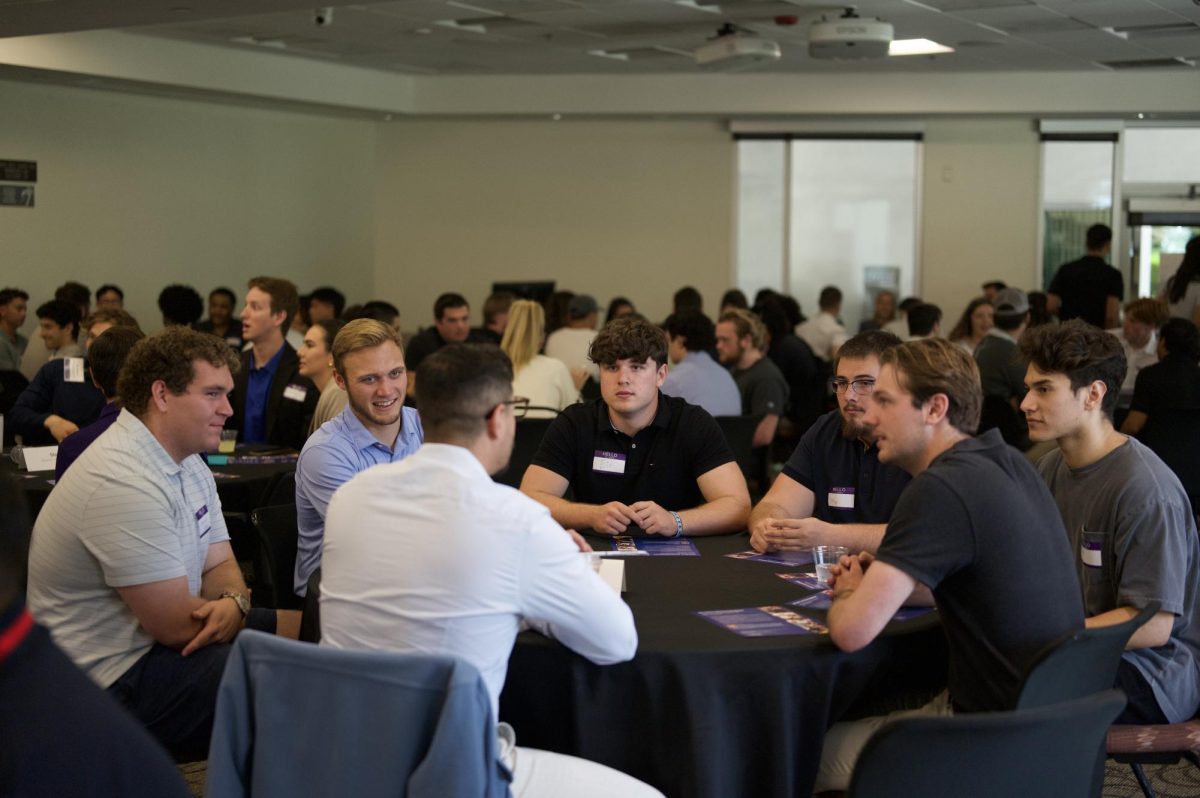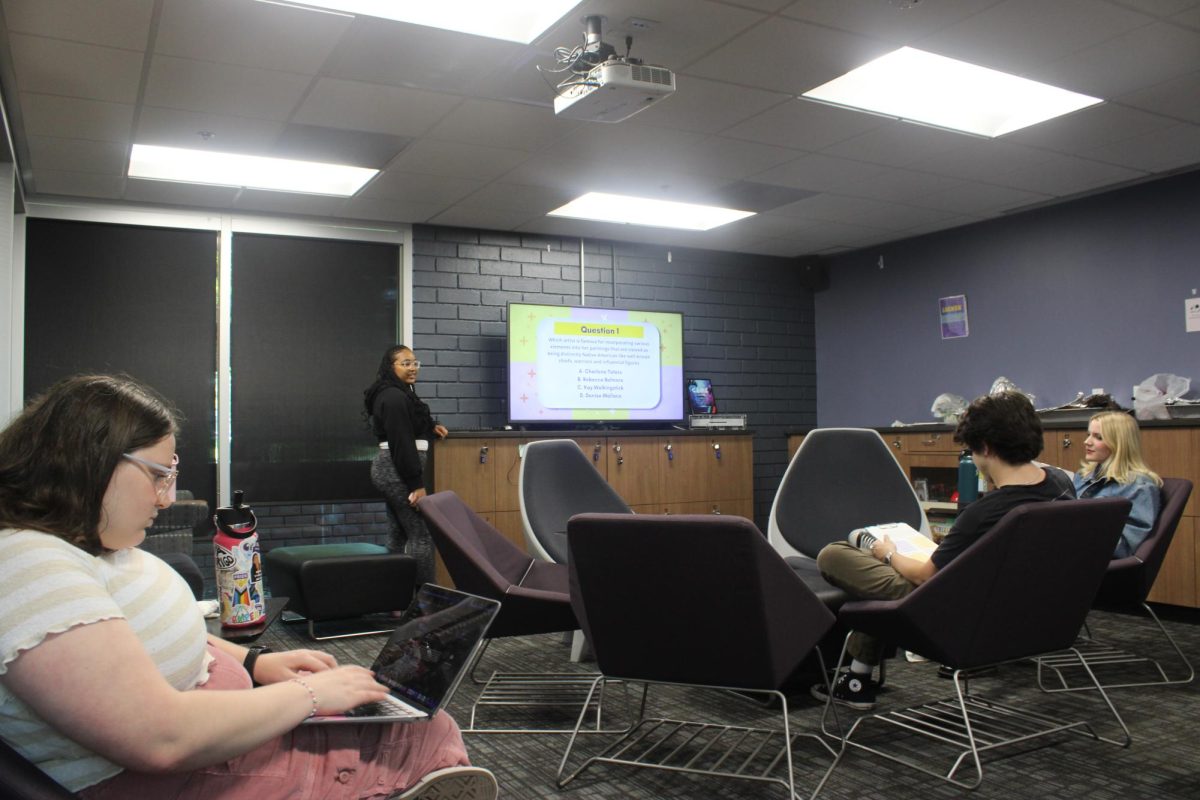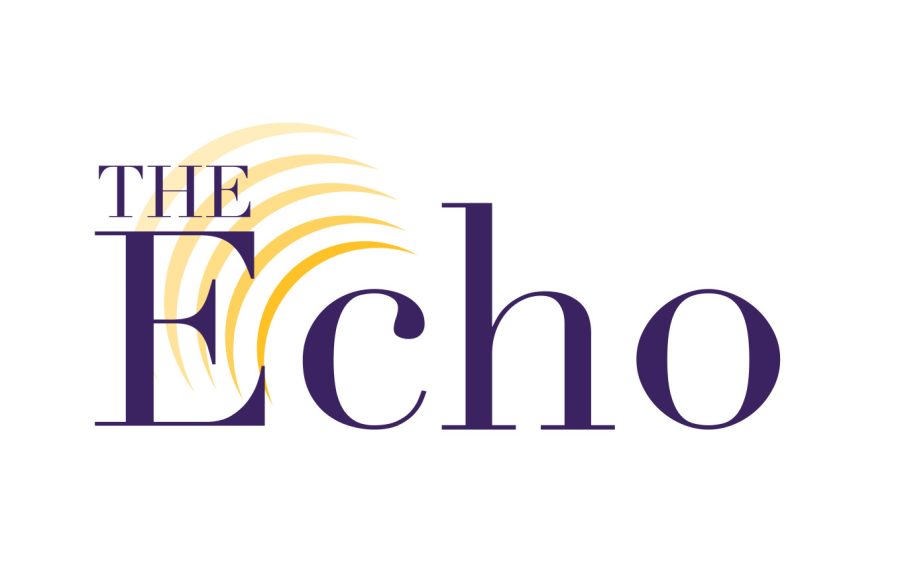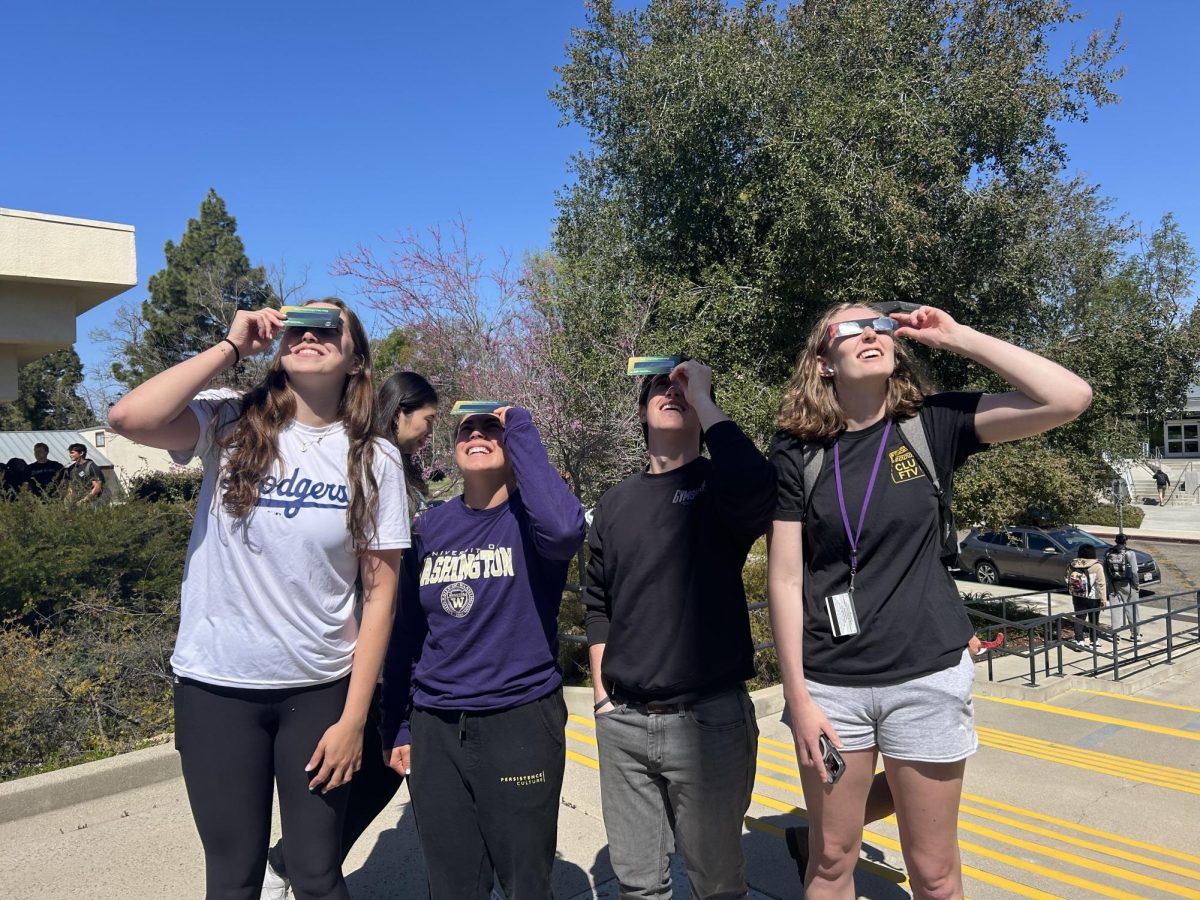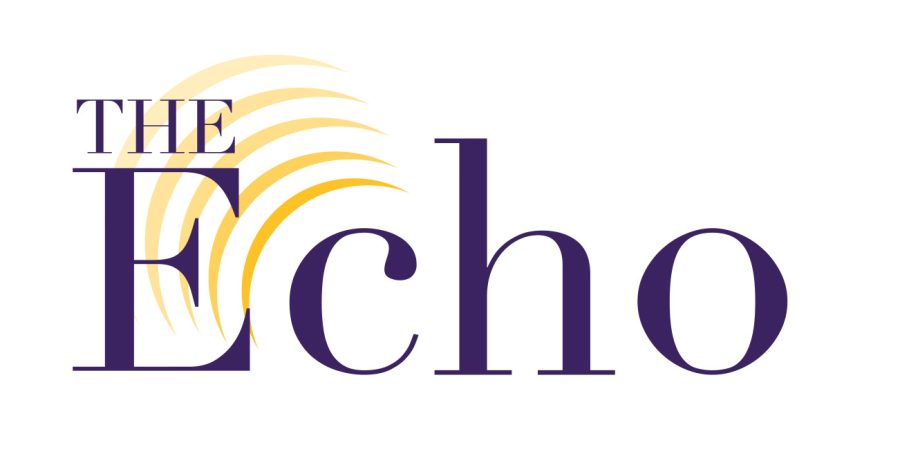There’s a killer in your home, and you don’t even know it. It’s also very likely that you think this poison is actually good for you. You’ve been eating and feeding your family a stew of chemicals including cyanide, farnesene, neoxanthin and quercetin, among many others. These are processed neatly into a convenient little package commonly known as the apple.
Of course, this line of reasoning is silly; the old adage says that “an apple a day keeps the doctor away” and this is true, no matter how many scary chemicals that the fruit is comprised of. This form of logic is all too common in what’s turning out to be a deadly threat for many Americans: the anti-vaccination movement.
Vaccines immunize the body against crippling and potentially fatal diseases such as polio, measles, whooping cough and smallpox.
“Vaccination comes from the the idea of injecting a small part or parts of an infectious agent into a person and letting the person’s immune system grab on to that particle and learn how to fight that infection should you ever encounter it,” said Chad Barber, who holds a doctorate in molecular biology.
Proponents of the anti-vaccination movement suggest that vaccines cause epilepsy and autism and that these vaccines instill the belief that scientists are more credible than Jenny McCarthy. However, none of these things are true because of modern Food and Drug Administration standards.
“The FDA system for testing drugs for safety is pretty rigorous,” Barber said. “In our country almost nothing gets to market that causes any harm to any substantial part of the population that gets it.”
But of course, there is a lot of crossover between those who oppose vaccines and conspiracy theorists because once you buy into one form of paranoid logic rife with fallacies you’re more likely to buy them all. A lot of anti-vaccination advocates claim that research that goes against their beliefs is carried out by shills for “Big Pharma,” which is the argumentative equivalent of a five-year-old sticking his fingers in his ears and saying “la la la” when his mother tells him to do his chores. Ironically enough, these people cite Andrew Wakefield’s 1998 study linking the MMR (measles, mumps, and rubella) vaccine to autism regardless of the fact that it was funded by trial lawyers, has skewed data, and has been disproven time and time again.
Nonetheless, some parents believe that vaccines cause autism because of so many autistic children being diagnosed with their disorder following immunization. However, it’s important to note that correlation does not equal causation. Symptoms of autism begin to show at around the same time children are generally given their shots but would occur whether a child has received vaccines or not. So one more time, say it with me now: correlation does not equal causation.
Very rarely do vaccines result in negative symptoms for the person receiving the immunization. These can include a one-time seizure, allergic reaction and fevers, according to historyofvaccines.org. But refusing vaccination for these reasons is like never going outside when there’s even a single cloud in the sky for fear of being struck by lightning.
A certain portion of the population is always willing to deny what the evidence has to say and generally, there is no real harm beyond increased sales in tin foil fashion accessories. This is not the case with anti-vaccination conventional wisdom, as it poses a serious threat to many lives.
“This year we had the biggest measles outbreak since the advent of the vaccine,” said Fred Rosenberg, who has a doctorate in environmental biology. “And not all of it, but a lot of it comes from people not vaccinating their kids.”
Some of these viruses are airborne and can easily infect children too young to receive the vaccines, according to nih.gov. So when a parent chooses not to vaccinate their child, they are not only endangering the health of their offspring, they are unfairly bestowing the consequence of their irresponsibility onto other people’s children.
All of this is the product of a lack of understanding of how both vaccines and the scientific community operate. It’s fine to be scared of the technologies that make your life safer, but when it puts lives in danger, that’s where the line should be drawn. While it may take years, turning this around is crucial.
“A good basic course in science may be the thing for it,” Rosenberg said.
Christophe Bassette
Published on November 17, 2014



